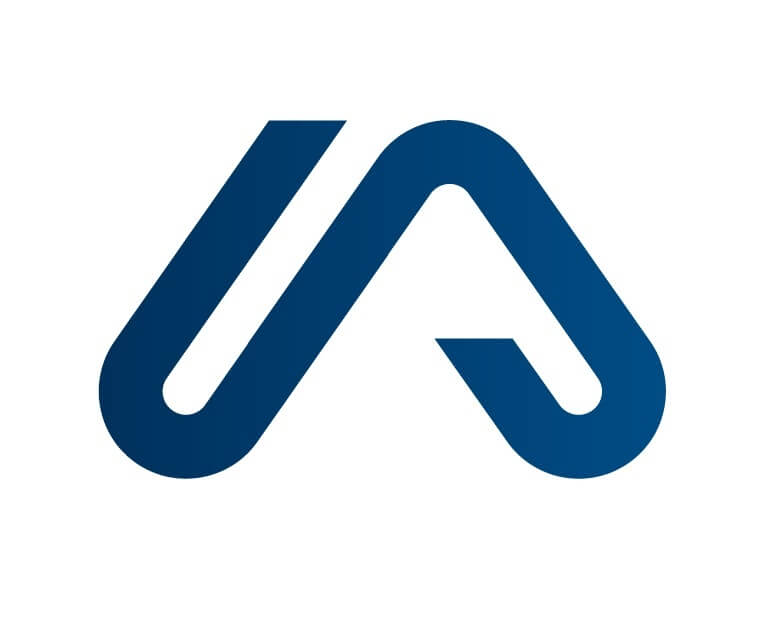Is accident insurance compulsory in Switzerland?
Every person employed in Switzerland is compulsorily insured against occupational accidents under the Federal Law on Accident Insurance (UVG). In addition, everyone who works at least eight hours a week for the same employer is also compulsorily insured against non-occupational accidents (NBU).
Health insurance vs. accident insurance
In Switzerland, a basic distinction is made between illness and accident.
Health insurance only covers illnesses and injuries that occur as a result of illness.
Accidents are injuries caused by external circumstances, such as a flower pot falling on your head from a balcony or a fall from a ladder. These are accordingly covered by accident insurance.
Two types of accident insurance
- Occupational accident insurance
- Accident insurance through the health insurance fund
As mentioned above, accident insurance is compulsory in Switzerland. However, whether accidents are covered by the compulsory health insurance or by the compulsory accident insurance of the respective employer depends on whether one is gainfully employed or not.
Occupational accident insurance
If you are employed by a Swiss employer, you can rest easy. This is because employers are obliged to take out occupational accident insurance (OI) for their employees.
This covers the costs of medical care in the event of accidents at work and occupational health risks. In addition, the employer pays the premiums for occupational accident insurance.
If you work for the same employer for at least eight hours, you are also insured against non-occupational accidents (NBU). However, you have to pay this premium yourself or it is deducted directly from your salary.
The following are automatically covered by accident insurance:
- Apprentices/trainees
- Interns and trainees
- Cleaners in private households
- Persons employed in teaching and disability activities
- Volunteers
Those who are unemployed and receive unemployment benefits are also insured under the accident insurance scheme of the respective employment office during this period.
The employment office pays part of the premium amounting to 1% of your unemployment benefit, while jobseekers pay 2% of their unemployment benefit.
If you are self-employed, you can voluntarily join the occupational accident insurance scheme, but you are not obliged to do so.
8 Benefits of occupational accident insurance (without deductible):
- Medical costs for the treatment of injuries, as well as medication and hospitalisation.
- Compensation for loss of earnings amounting to 80% of the insured salary if you can no longer work as a result of your injuries.
- Disability pension if you can no longer return to work as a result of the accident. The pension is based on your degree of disability and amounts to a maximum of 80% of the insured salary (full disability).
- If an accident leads to a physical, mental or psychological impairment, the insurance can pay a one-off benefit according to the degree of severity.
- If an accident leads to death, dependent children receive a survivor’s pension.
- In certain cases, the spouse also receives a survivor’s pension, e.g. if he or she has to care for dependent children.
- Widows or widowers receive a pension amounting to 40% of the insured salary.
- Unfortunately, children with a surviving parent only receive a pension amounting to 15% of the insured salary and orphans also only 25%. The sum of the pensions of all survivors may not exceed 70% of the insured salary.
Transitional accident insurance is a voluntary insurance that provides the benefits of the employer’s accident insurance for up to six months after the onset of unemployment. It can be used to stay well covered between jobs.
Accident insurance through the health insurance fund
However, anyone who is employed for less than eight hours per week will only receive occupational accident insurance (accidents at work) from their employer.
Not automatically covered by accident insurance are:
- Self-employed
- housewives and househusbands
- Children
- Students
- Pensioners
In all these cases, the person in question must insure themselves against the costs of accidents by joining the accident insurance rider of the health insurance fund.
The accident insurance rider in the compulsory health insurance scheme provides these benefits:
- All medical costs caused by an accident.
Furthermore, it is important to know that the deductible for health insurance, is also applied to accident insurance claims. Accordingly, these are combined.
Avoid double insurance
Anyone who becomes gainfully employed and accordingly receives job-related accident insurance should consequently be sure to inform his or her health insurance company so that it can terminate the accident insurance.
This will reduce the compulsory health insurance premium by about 10%. Because this is often forgotten in the euphoria of starting a new job.
On the other hand, anyone who becomes unemployed or self-employed at some point must inform the health insurance company and take out accident cover.
Is accident insurance already included in the supplementary insurance?
With some health insurance companies, accident insurance is already included in the supplementary insurance, which is why there is often no need to take out separate accident cover.
